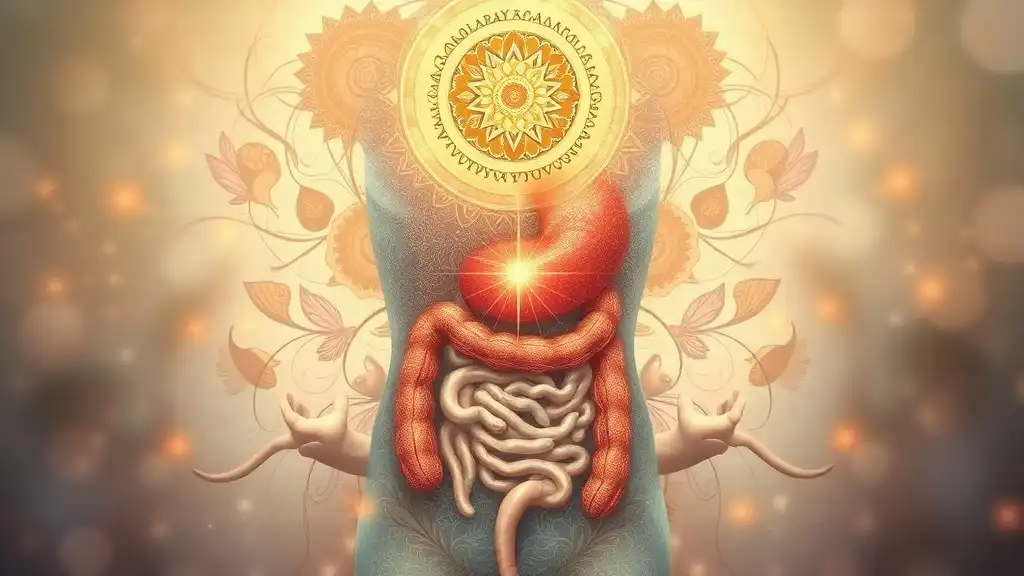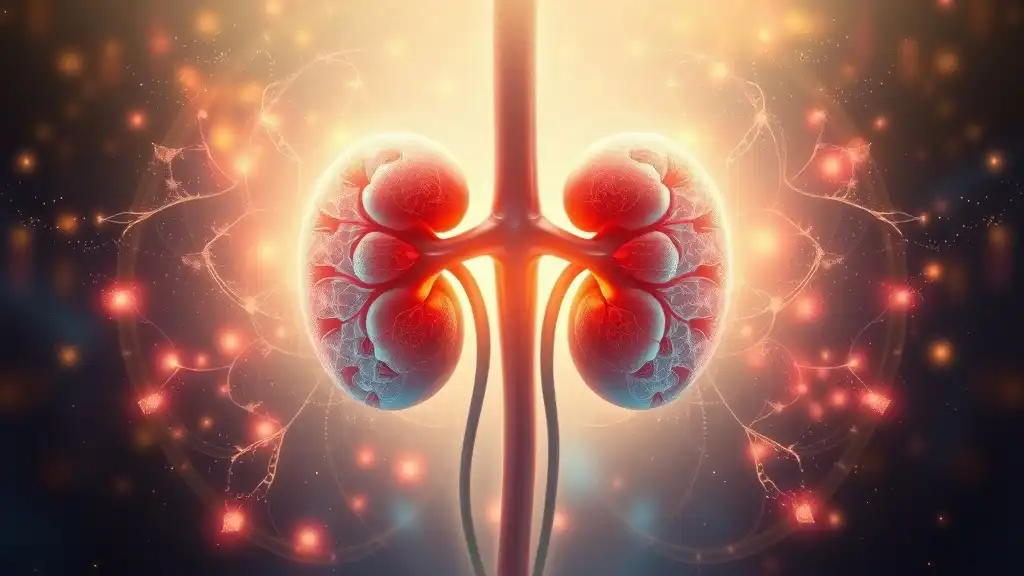The concept of the divine is as complex as it is profound. It transcends cultures, religions, and historical periods, touching the core of what it means to be human. Understanding the spiritual meaning of the divine allows us to connect with something greater than ourselves, cultivating a sense of peace, purpose, and belonging.
The Nature of the Divine
Definition of the Divine
The divine is often regarded as the ultimate reality or the highest form of existence in spiritual beliefs. While interpretations vary widely, the essence remains relatively consistent: the divine embodies a force beyond human comprehension, representing both creation and the underlying principles of the universe.
- Cultural Interpretations: Different cultures and religions offer unique perspectives on the divine. In monotheistic faiths, such as Christianity, Judaism, and Islam, the divine is viewed as a singular, all-powerful God. Contrastingly, Hinduism embraces a multitude of deities, each representing different aspects of the divine. Understanding these diverse perspectives enriches our appreciation and respect for all spiritual paths.
Characteristics of the Divine
The divine is often characterized by certain attributes that set it apart from the ordinary:
-
Omnipresence: The divine exists everywhere, in all things, at all times. This acknowledges that our connection to the divine is not limited to specific locations or moments but is simply a part of the fabric of existence.
-
Omniscience: The divine possesses infinite knowledge and wisdom, understanding the intricate balance of the universe. This aspect encourages individuals to seek wisdom and insight, trusting that all experiences serve a purpose in our spiritual journey.
-
Omnipotence: The divine is all-powerful, capable of influencing reality at will. This characteristic inspires faith in the face of adversity, reminding us that we are never truly alone and that greater forces are at play.

Historical Perspectives on the Divine
Ancient Civilizations
Understanding how ancient civilizations perceived the divine offers a glimpse into humanity’s early attempts to make sense of existence.
- Mythologies and Their Spiritual Significance: Myths often served as the vessels through which ancient people communicated their understanding of the divine. For example, in Egyptian mythology, gods were deeply intertwined with daily life, governing everything from the Nile’s flooding to the harvest. These stories served as metaphorical truths, encapsulating the divine’s influence on human experience.
The Evolution of Divine Concepts
As societies evolved, so did their notions of the divine.
- Modern Spirituality and the Divine: Today, many people are moving away from traditional forms of worship toward personal, individualized spirituality. This shift highlights a desire for direct connection with the divine that is unmediated by organized religion.

The Spiritual Significance of the Divine
Connection to the Self
Understanding the divine begins with an exploration of our inner self. The belief that we carry a piece of the divine within us invites personal introspection and self-discovery.
- The Journey of Self-Discovery: Embracing our inner divine nature allows us to recognize our strengths and weaknesses. It teaches us to view challenges as opportunities for growth and transformation.
The Divine in Everyday Life
The divine is not confined to sacred spaces or religious practices; instead, it is woven into the very fabric of our daily experiences.
-
Finding the Sacred in the Mundane: Simple moments can become profoundly spiritual when viewed through an enlightened lens. Whether it’s enjoying a sunrise, sharing laughter with friends, or simply being present, we can cultivate awareness of the divine in our everyday lives.
-
Rituals and Practices to Connect with the Divine: Engaging in rituals—such as lighting candles, creating altars, or celebrating seasonal festivals—can reinforce our connection to the divine. These acts serve as reminders that the sacred exists in every moment.

How to Foster a Connection with the Divine
Meditation and Prayer
Meditation and prayer are powerful tools for deepening our spiritual connection with the divine.
-
Techniques for Deepening Spiritual Connection: Practices such as mindfulness meditation, visualization, or breathwork can quiet the mind, allowing us to tap into the stillness where the divine presence resides.
-
The Importance of Intent in Communication: Approaching prayer with an open heart and clear intentions fosters a more meaningful dialogue with the divine. This intentionality creates a space where we can both express our desires and listen for guidance.
Nature and the Divine
Nature serves as one of the most accessible manifestations of the divine.
-
Embracing Nature as a Reflection of the Divine: The beauty, complexity, and resilience found in nature reminds us of the divine's creative power. Spending time in nature can help us reconnect with our own sense of divinity.
-
Practices for Grounding and Connection: Walking barefoot on grass, observing wildlife, or simply sitting quietly in a forest can ground us, enhancing our connection to both the earth and the divine elements within it.

The Role of the Divine in Personal Growth
Guidance and Intuition
The divine often guides us through our intuition, presenting subtle nudges that align with our highest path.
-
Listening to the Divine Within: Developing trust in our inner voice can lead to profound insights and revelations. The more we listen and act upon these intuitions, the stronger our connection to the divine becomes.
-
Signs and Synchronicities: Many people report experiencing signs from the divine—like synchronistic events or repeated numbers—that signal alignment with their spiritual path. Recognizing and interpreting these signs fosters a sense of divine support.
Overcoming Challenges through Divine Support
Trusting the divine can offer a refuge during challenging times.
-
Trusting Divine Timing: Often, we may feel frustrated with circumstances that don’t seem to align with our desires. Surrendering to the divine’s timing encourages patience and fosters a deeper understanding of life’s rhythms.
-
Spiritual Resilience and Strength: Recognizing that we are supported by the divine infuses us with resilience. Knowing that challenges serve a purpose can transform difficulties into opportunities for spiritual growth.

Conclusion
Ultimately, exploring the spiritual meaning of the divine is a deeply personal journey. It beckons us to look within, to seek connection both with ourselves and with the world around us. As we expand our understanding of the divine, we invite greater clarity, purpose, and joy into our lives, creating a rich tapestry woven with the threads of the sacred. Embrace this journey, and allow the divine to illuminate your path.



















